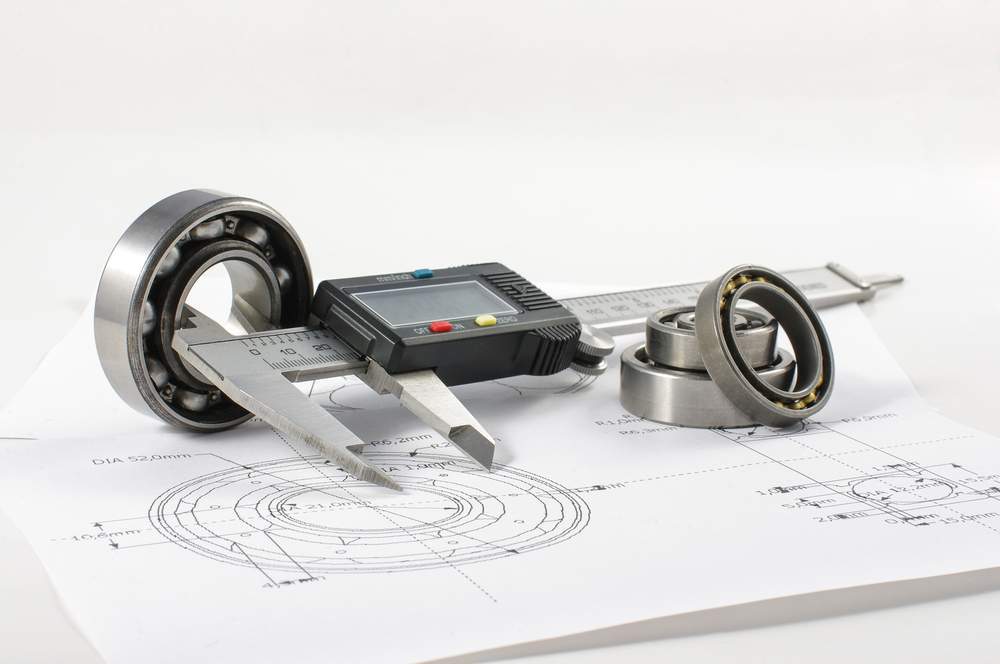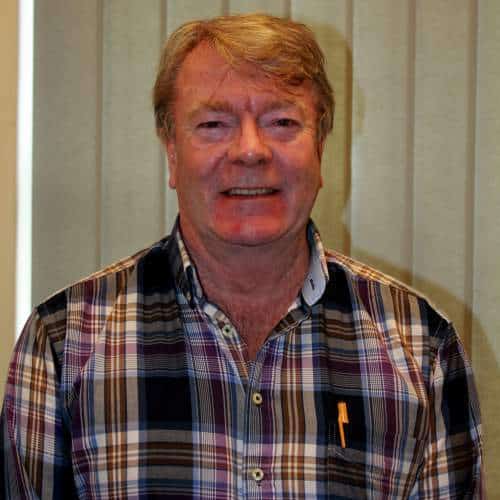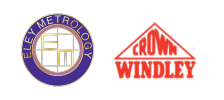Metrology – the science of measurement – has proven indispensable to science and industry. It has a crucial role in underpinning the fabric of modern society.
As you take flight, receive medical treatment or purchase a home, you can guarantee that metrology has been applied to help bring accuracy, quality, cost-effectiveness and safety to the products and services you consume. Without it, society would not have progressed as far.
Metrology has three main areas: scientific, industrial, and legal. This article explains why it is indispensable in the modern world.

Scientific Metrology
Scientific metrology is responsible for developing and maintaining international measurement standards. This ensures that a kilogram in London weighs the same as a kilogram in Tokyo or New York. The National Physical Laboratory (NPL) in Teddington, UK, plays a crucial role in this field, working globally alongside other National Metrology Institutes.
The NPL develops and maintains the UK’s primary measurement standards, which are the most accurate representations of the base units of the International System of Units (SI). These standards serve as the ultimate reference for all other measurements in the country.
At its core, scientific metrology provides traceability – the ability to relate individual measurements back to recognised international standards. Without traceability, consistency in measurement would be impossible, and progress in science and technology would stall.
The importance of scientific metrology is evident in high-precision applications. For example, atomic clocks, which measure time with extraordinary accuracy, define the second and enable technologies like GPS. Similarly, advanced measurements in particle physics, such as determining the properties of subatomic particles, rely on the precise standards provided by scientific metrology.
Advancing Research and Innovation
Scientific metrology is not just about maintaining existing standards; it also facilitates innovation. It supports research in fields like quantum technology and medicine, where precise measurements are critical. For instance, NPL’s work contributes to the development of improved financial trading timestamps.
In interdisciplinary fields such as nanotechnology and biotechnology, scientific metrology provides the tools and techniques necessary for measuring at tiny scales. This enables researchers to push the boundaries of what’s possible in areas like drug delivery and advanced materials.
Industrial Metrology
Industrial metrology focuses on applying measurement principles to manufacturing and production processes. It is where science meets the industry’s practical needs to meet customers’ requirements.
One of the primary goals of industrial metrology is to ensure that products meet quality standards and that production processes are efficient. By focusing on quality control, costs and waste can be reduced, and customer satisfaction can increase.
Calibration—the process of verifying and adjusting measurement tools and precision measurement equipment to maintain accuracy—plays a significant role. For instance, the tools used in precision engineering, such as micrometres and coordinate measuring machines, must be regularly calibrated to meet exacting standards. This ensures that parts produced in one factory fit seamlessly with those from another, even across international borders.
Industrial metrology also involves reducing measurement uncertainty and improving repeatability, known as accuracy and precision. Also, manufacturers can optimise their processes by analysing measurement systems, minimising waste and maximising efficiency.
Industries such as aerospace and automotive engineering rely heavily on accuracy and precision, where even minor deviations can result in catastrophic consequences.
For example, consider the production of aircraft components. Every part must meet stringent specifications to ensure the safety and performance of the final product. Industrial metrology provides the tools and techniques to achieve this, from designing the component to verifying its dimensions during production.
Industrial metrology also plays a vital role in fostering innovation. Accurate prototyping and testing enable engineers to replicate and solve problems accurately, shortening the design time and costs for product development. Without industrial metrology, such advancements would be impossible.
Legal Metrology
Legal Metrology is defined as the application of legal requirements to measurements and measuring instruments. Its primary purpose is to support fair trade, consumer protection and public safety. In the UK, the Office for Product Safety and Standards oversees legal metrology.
As discussed above, the National Physical Laboratory is the UK’s National Metrology Institute (NMI), where standards are developed nationally and internationally through collaboration with other NMIs. By establishing and enforcing measurement standards, legal metrology promotes transparency in transactions.
For example, consider the consumption of utilities such as electricity and gas. Metering must be accurate to ensure that consumption is fairly charged to the consumer and business. Other examples are fuel dispensers and the weighing of food.
In addition to the above organisations, local authorities, such as trading standard officers, play a role in enforcing metrology regulations through inspection. Authorities may use approved bodies to perform tasks such as calibrating and certifying measuring instruments.
Legal Metrology has challenges that it must address. For example, we live in an ever-more interconnected and online world. Ensuring standards are harmonised cross-border is crucial for international trade and taxation. The online world makes it more difficult to police measurements. As new technologies are developed, legal metrology must adapt to ensure that the fairness and accuracy of measurement continue.
Overall, despite these challenges, metrology is a well-established scientific and industrial practice that contributes to society’s advancement and well-being. It will continue to evolve nationally and locally and support further evolutions.
If you’d like to know more about Metrology and how Eley’s precision measurement equipment can help your business, please contact our team.

Jeff Eley is the founder and managing director of Eley Metrology, a leading company in the precision measurement industry. With decades of experience in metrology, Jeff has established himself as a respected figure in the field. Under his leadership, Eley Metrology has become renowned for its expertise in coordinate measuring machines (CMMs), digital height gauges, and granite metrology products. Jeff’s vision has driven the company to develop innovative solutions, including custom-designed CMMs and the flagship long-bore measurement machine (LBM). His commitment to excellence and customer-centric approach has positioned Eley Metrology as a trusted provider of high-precision measurement tools and services for industries such as aerospace, automotive, and manufacturing.

